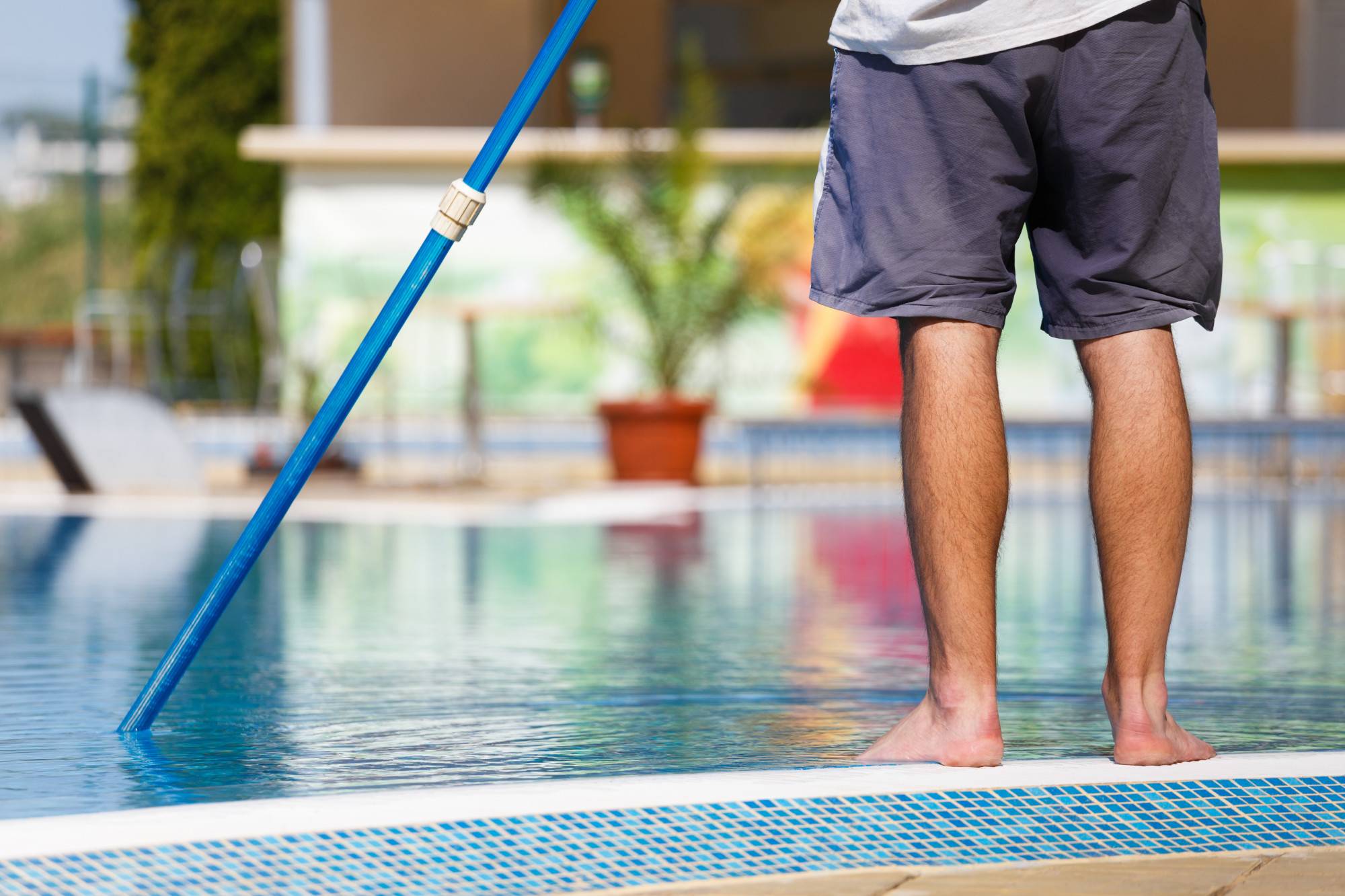Pool ownership isn’t just for the wealthy. Today, more than 5 million American households have their own swimming pools. After all, who doesn’t want to have a place to relax, enjoy ice-cold drinks, and watch the kids playing?
Buying and installing a pool is just the first step. Swimming pool maintenance comes with its own share of challenges.
Common mistakes, such as adding shock directly into the water and backwashing the pool filter too often, can affect the integrity of your pool.
Ideally, you should research pool cleaning services in your area. This way, you’ll have peace of mind knowing that your pool is taken care of by the pros. But there are some things you can do yourself.
Not sure where to start? Here are some pool maintenance tips to help you out!
Skimming and Scrubbing Are a Must
Like it or not, leaves and debris will build up in the water and affect its quality. If you don’t do anything about it, you might be putting your health at risk.
Make a habit out of skimming leaves and other impurities off the pool’s surface daily. Use a skimmer shovel to remove bugs and leaves, a brush for scrubbing, and a robot vacuum for cleaning.
Generally, scrubbing should be done at least once a week. The same goes for pool vacuuming, although it’s better to do it daily to reduce staining.
Skim the pool’s surface daily or every few days to keep the water clean.
Balance Your Pool pH Levels
Maintaining the proper pH balance in your pool water is essential for protecting the pump, heater, and other components. At the same time, it ensures that the water stays clean.
Keep the water pH between 7.4 and 7.6.
A pH below 7 may cause the water to irritate your eyes and corrode the metal parts of your swimming pool. pH levels higher than 8 can lead to cloudy water and affect chlorine’s ability to kill germs.
If the pH is too low, add sodium carbonate to bring it back to normal. If it’s too high, mix hydrochloric acid and water in a bucket and then add it to the pool.
Use the Right Pool Chemicals
Using the right mixture of chemicals is crucial for optimum pool maintenance. Too much or too little of any substance may affect your health and compromise the integrity of your swimming pool.
At the very least, use chlorine or bromine to sanitize your pool. If you’re sensitive to chlorine, you may add biguanide instead.
Certain minerals, such as magnesium chloride and copper, help fight algae and reduce the need for sanitizers. Look for mineral sanitizer systems and use them along with chlorine to keep the water sparkling clean.
Add chlorine-free shock or calcium hypochlorite to the water at least once a week. For best results, shock the pool at night or late in the evening so that the sun’s UV rays don’t destroy the chemicals used.
Depending on your particular situation, you may also need a quality algaecide, pool clarifiers, flocculants, and other chemicals. Don’t forget to get a test kit as well.
Swimming Pool Maintenance — The Key to Crystal Clear Water
As you see, there’s a lot that goes into swimming pool maintenance. If you’re a beginner, taking care of your pool can feel overwhelming. Don’t fret — that’s perfectly normal.
A swimming pool is a major investment, so it’s not worth taking unnecessary risks. Consider hiring a professional pool cleaning team to keep your pool in top shape year-round.
Contact your local pool cleaner today to discuss your pool cleaning needs and see how they can help!

